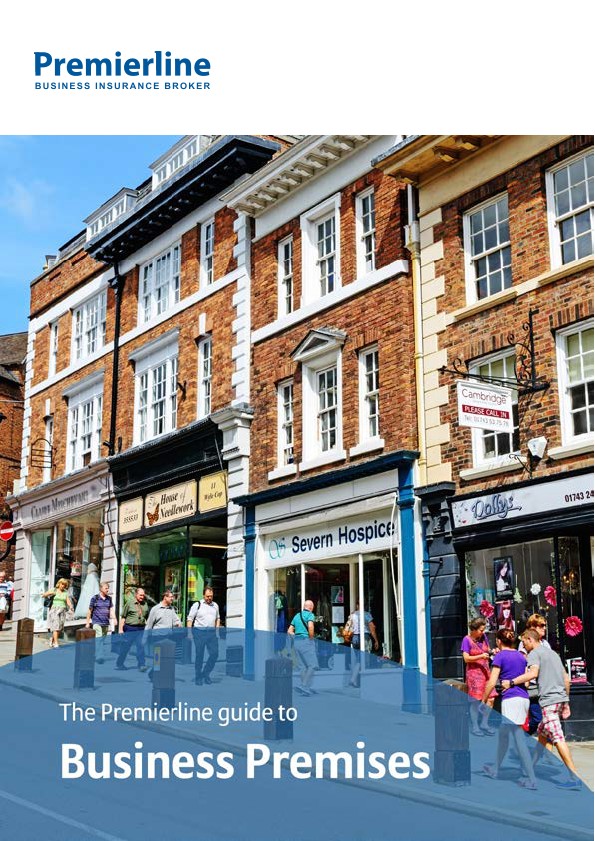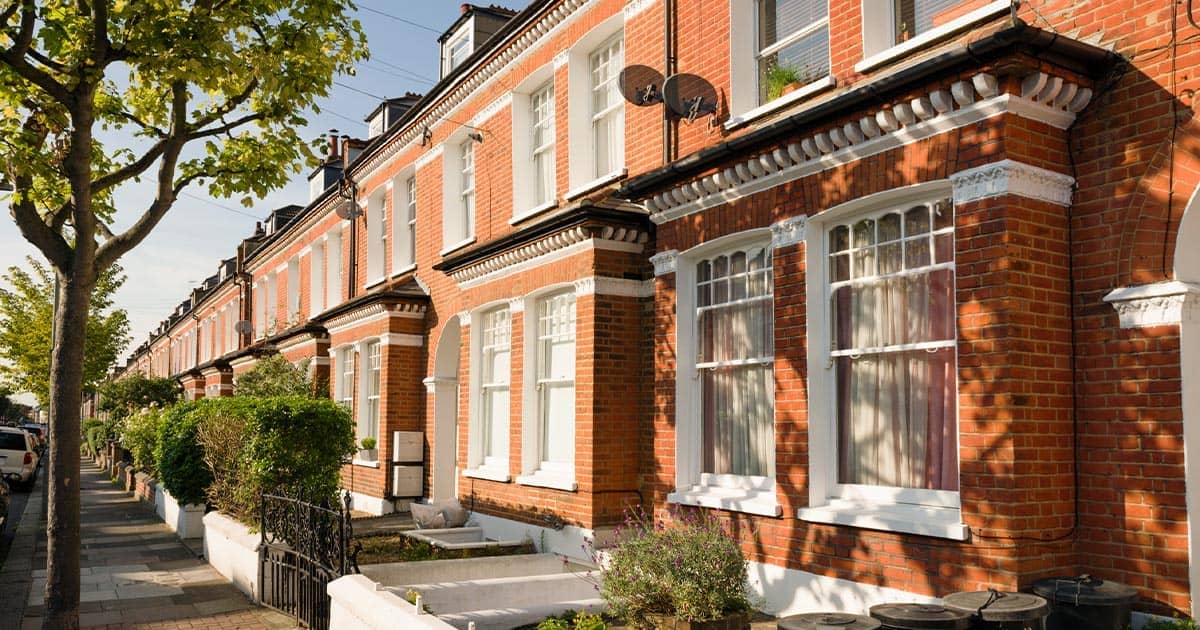Business Premises Guide: Building Surveys
Whether you decide to buy or lease a commercial property, you will most likely need a certain degree of surveying done on the premises to ensure that it is structurally sound and suitable for your business needs.
Paul Bagust from RICS (Royal Institution of Chartered Surveyors) explains that it’s important to know the condition of the building and to highlight any problems prior to your lease or buying commitment, “The decisions that you make about your property at the beginning will impact your business throughout its lifecycle. If you’re not mitigating those risks at the start then you are leaving yourself exposed to a risk that you might end up with financial exposure.”
Who can help?
Leasing and Building Surveys
Lease agreements will often state that the building must be in the same or better condition by the end of the lease period. If you are taking lease of an entire property and are responsible for the interior and exterior of the building, a survey should be carried out in order to highlight any defects or areas of disrepair. If the property is in a poor state of repair, you might want to consider agreeing a schedule of condition with the landlord.
“A schedule of condition is paid for by the tenant and records the condition of the building prior to their occupation. If the landlord will not agree to a schedule of condition, then the tenant can request that the property is repaired and in good order prior to occupation.” says Jonathan from Talkspace Group.
Buying and Building Surveys
You can opt to have a building survey when you are in the process of purchasing a building, the survey should be carried out by qualified surveyor. This is different to a Mortgage Valuation in that it goes into a more in-depth look at the building and its structure.
“Surveyors can certainly flag up any problems with the condition of the structure and the safety of the building and will also advise on the suitability in terms of any costs you may need to factor in, which is very important.” adds Paul from RICS.
Tip:
Local searched: Lease & Buy
Energy Performance Certificates (EPC)
Tip:
Download our guide to
Business Premises
Find out more about our full Business Premises Guide here or browse through the content below to learn more.
- Making the decision to move premises
- Finding the right premises
- Additional costs of business premises
- Taking a business lease
- Building surveys for business premises
- Making an offer on business premises
- Taking a business licence
- Planning permission for business premises
- Buying business premises
- Business premises insurance


















